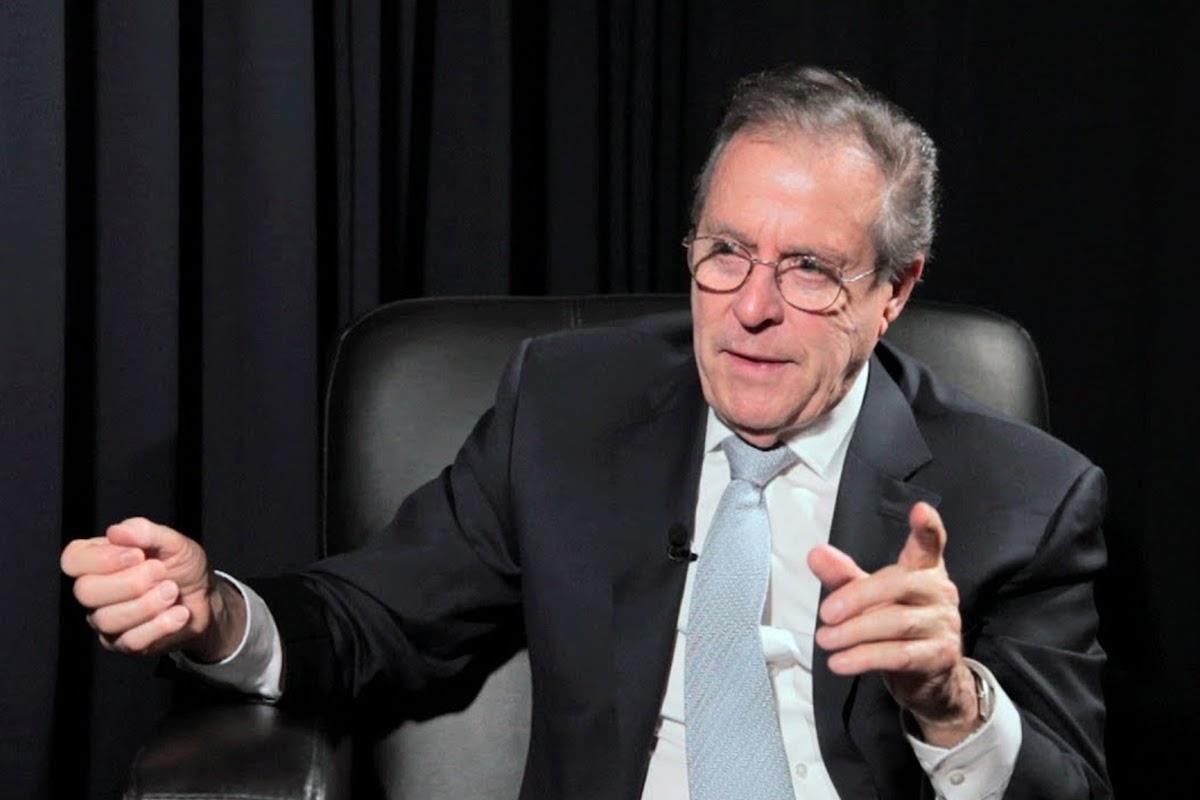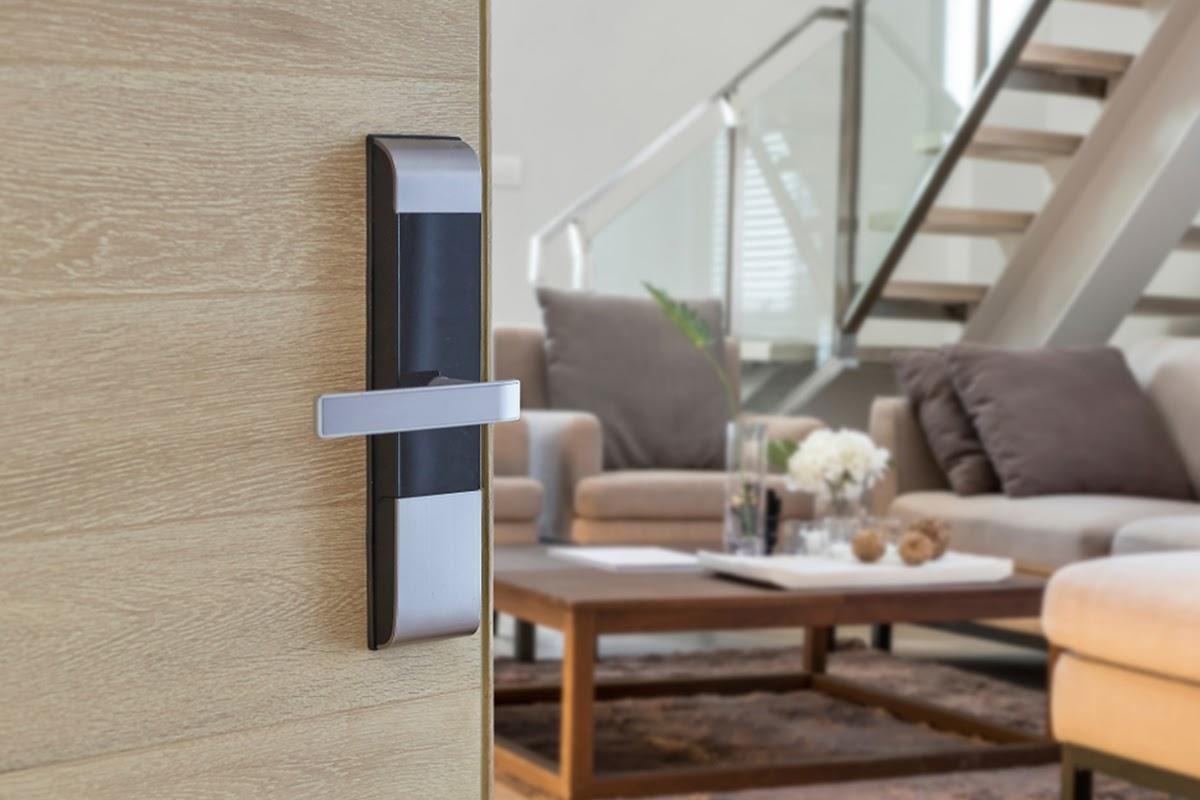
Accounting and bookkeeping are two of the most essential business functions for any hotel business. Even the smallest mistake can drastically impact your bottom line. While no accounting will ever be 100% error-free, taking precautions to avoid critical errors is crucial to your hotel’s growth.
At MyHotelAccountants, we understand that it’s a lot easier (and more cost-efficient) to prevent financial mistakes than it is to correct them down the line. We’ve compiled a list of mistakes that can be easily avoided, allowing you to manage your hotel more effectively.
Mistake #1: Not Accounting for Unforeseen Events
If 2020 has taught us anything, it’s that natural disasters, pandemic, and other business-alternating scenarios can be entirely unforeseen. As a business owner or manager, you need to be build up enough excess cash that will allow you to operate your business or hold you over through events such as:
- Natural disasters, including hurricanes, tornados, and earthquakes
- Sudden death of a key member of the business
- Worldwide pandemics, like Covid-19, that impact the number of people traveling
- Unexpected increase in the number of employees resigning at once
If your hotel is unprepared to operate through tough times, the stability of the business can be greatly compromised.
Mistake #2: Neglecting Accounting Responsibilities
Although accounting and bookkeeping can be relatively mundane to some, it’s an absolutely essential part of running a successful business. If you don’t probably track the money coming in and going out, you’re blindly leading your hotel into the ground because you don’t understand the health of your business.
Are all transactions within the walls of the hotel being accounted for? With a hotel, there are multiple elements that impact the finances of the business and need to be accounted for in your bookkeeping on a regular basis. Make sure you’re keeping a record of categories like room rates and occupancy, food and beverage inventory, store merchandise, staff salaries and paid time off, and more. Neglecting even one portion of the business will provide you with a cloudy understanding of your finances—which can lead to poor buying decisions or missed opportunities.
Mistake #3: Lack of Communication Across Teams
Your bookkeeper likely isn’t involved in every aspect of the hotel’s day to day. However, if they’re not kept in the loop, it will likely lead to incorrect data in your reporting. Whether you appoint your bookkeeper with one point of contact at the hotel who oversees all facets of the business, or you provide them with multiple contacts, they need to have a high-level understanding of every aspect that is reflected within your financial statements.
Mistake #4: Not Setting (or Following) a Budget
Every dollar counts. You should never spend more than you have coming into your hotel. While this principle seems relatively straightforward, it’s all easier said than done. Putting a budget in place is an effective way for you to monitor each department’s spending. Not only does it help you understand the health of your business, but it allows the managers of each department to understand any financial limitations better and see how their income and expenses directly impact the hotel’s growth objectives.
Mistake #5: Not Backing Up Your Data
Technology isn’t foolproof. If proper steps aren’t taken on the frontend, your financial information can be compromised or lost due to unforeseen circumstances. It’s also essential you have access to previous versions in case the data is incorrect and needs to be checked for errors. To ensure you have access to your financial records in any scenario, back-ups are non-negotiable. While backups won’t always save the day, there are many instances where they’ll help you avoid a major headache!
Mistake #6: Allowing Errors Within the Data
Data entry can’t be imprecise. You can’t base the health of your hotel off of approximates or guesses—that does you as the business owner no good! When bookkeeping, all precautions must be in place to ensure everything is being recorded accurately. If you’re not tracking everything or are tracking everything imprecisely, you’re left with records that can cause more harm than good. Take the time to ensure everything you’re filling out is as accurate as possible, and review your work periodically to correct as needed.
Mistake #7: Not Delegating When Needed
As a business owner, your time is valuable. You’re often being pulled in many different directions, making it hard to spend adequate time in every aspect of the business. With so much on your plate, you need to know when it’s time to delegate your bookkeeping to someone else. Outsourcing the tedious bookkeeping to professional accountants will ensure everything is recorded (and recorded correctly!), providing you with more time to focus on the growth and success of your hotel.
Have peace of mind knowing your financial records are both accurate and reliable, allowing you to make more informed decisions about your hotel. Outsource your bookkeeping to our team of accountants that specialize in hotels at MyHotelAccountants.













